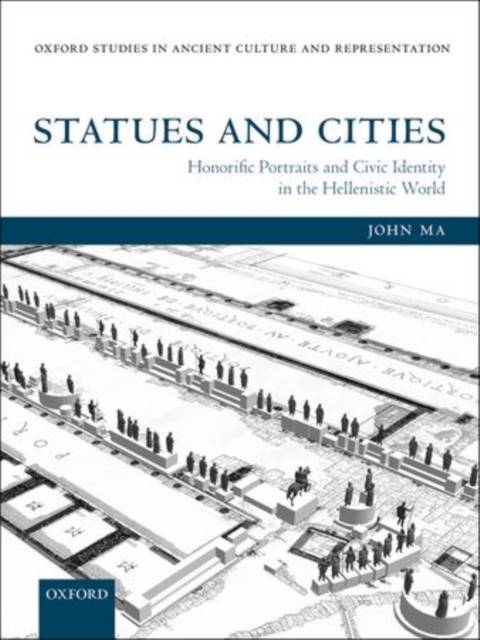
- Retrait gratuit dans votre magasin Club
- 7.000.000 titres dans notre catalogue
- Payer en toute sécurité
- Toujours un magasin près de chez vous
- Retrait gratuit dans votre magasin Club
- 7.000.000 titres dans notre catalogue
- Payer en toute sécurité
- Toujours un magasin près de chez vous
191,45 €
+ 382 points
Description
Why say thank you with a portrait statue? This book combines two different and quite specialized fields, archaeology and epigraphy, to explore the phenomenon of portraits in ancient art within the historical and anthropological context of city-states honouring worthy individuals through erecting statues, and the development of families imitating this practice. This transaction tells us a lot about the history of these cities and how ancient art worked as a construction of relations during the Hellenistic period (c. 350 BC- c. AD 1), which is marked by a political culture of civic devotion, common decision making, and publicness. As honorific statues were considered public art, the volume also investigates the workings of images, representations, memory, and the monumental public form of permanent inscription, to see what stories the Hellenistic city-states can reveal about themselves.
Spécifications
Parties prenantes
- Auteur(s) :
- Editeur:
Contenu
- Nombre de pages :
- 406
- Langue:
- Anglais
- Collection :
Caractéristiques
- EAN:
- 9780199668915
- Date de parution :
- 24-08-13
- Format:
- Livre relié
- Format numérique:
- Genaaid
- Dimensions :
- 193 mm x 246 mm
- Poids :
- 1065 g







